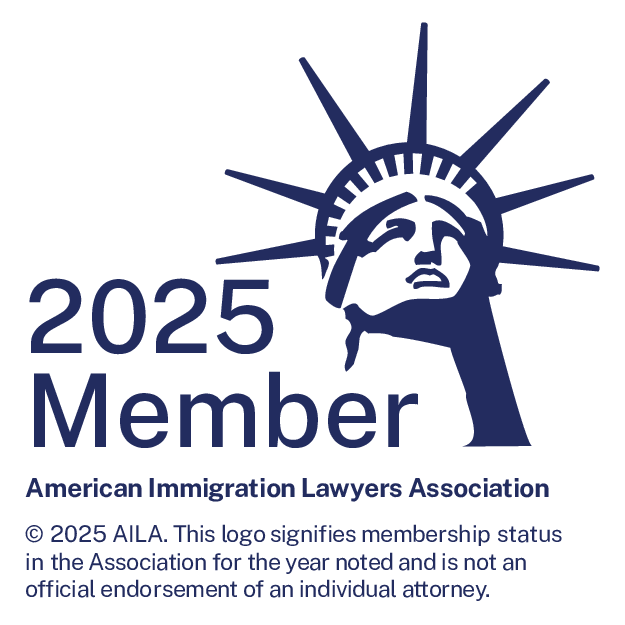Asylum
MJB Immigration attorneys have handled Asylum claims from all over the world – Venezuela, Georgia, El Salvador, Mexico, Guatemala, Honduras, Colombia, Cameroon, Togo, the Democratic Republic of Congo, Ethiopia and Honduras are a few examples of from where our clients seek protection.
If one wins asylum in the United States, he or she is granted Asylee status, which grants the rights to live in the United States, travel abroad and return to the United States (on a Refugee Travel Document), work in the United States, and apply for Lawful Permanent Residency a year after approval of the asylum application, if additional requirements are met.
Asylum is a very complex area of immigration law, reserved for those who require protection from their country of citizenship. Generally, one must prove he or she suffered persecution, or has a future fear of persecution based on his or her race, religion, nationality, political opinion or particular social group. The definitions of each of these terms are nuanced legal concepts; it is very beneficial to speak with an immigration attorney before applying for asylum to evaluate the strength of your case.
Apart from the legal standard to win asylum, one must also file their application before he or she has been in the United States for one year. This is referred to as the “one year deadline” for asylum. It is crucial that an asylum application is submitted on time. Sometimes extraordinary circumstances or changed circumstances may apply and excuse the one-year filing deadline. If you did not file your asylum application on time, the attorneys at MJB Immigration can evaluate your case and help determine if an argument for extraordinary or changed circumstances exist.



